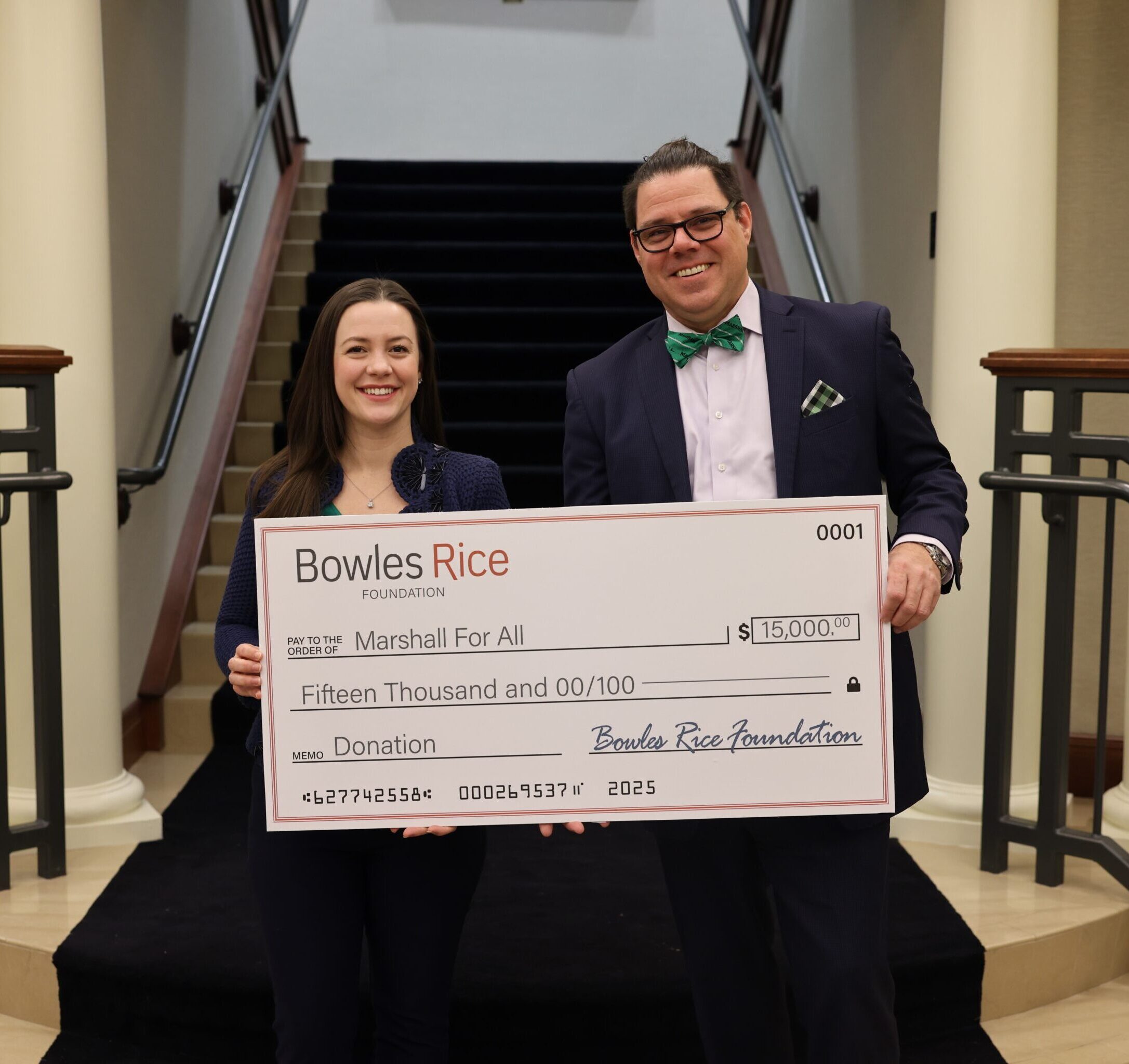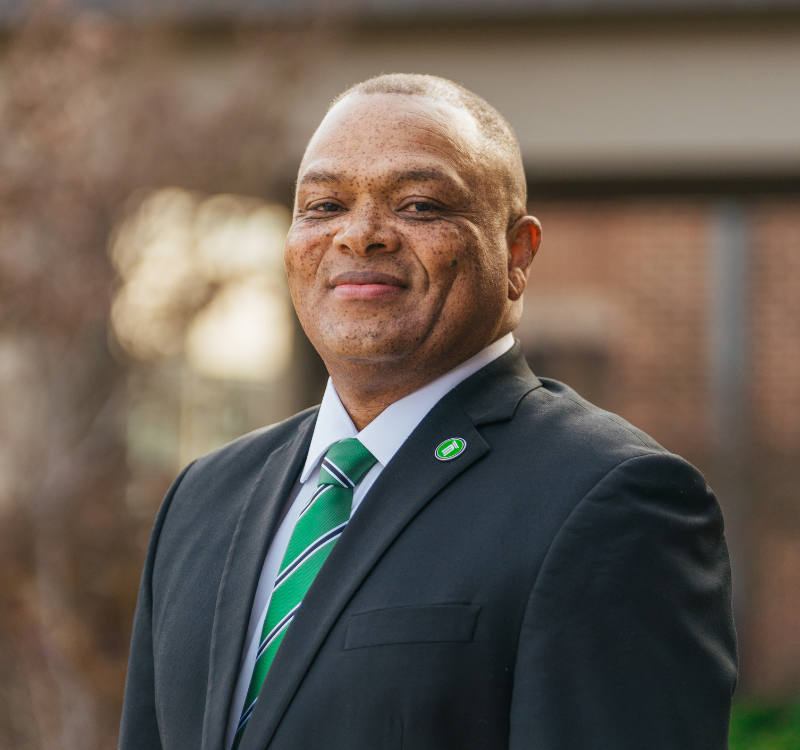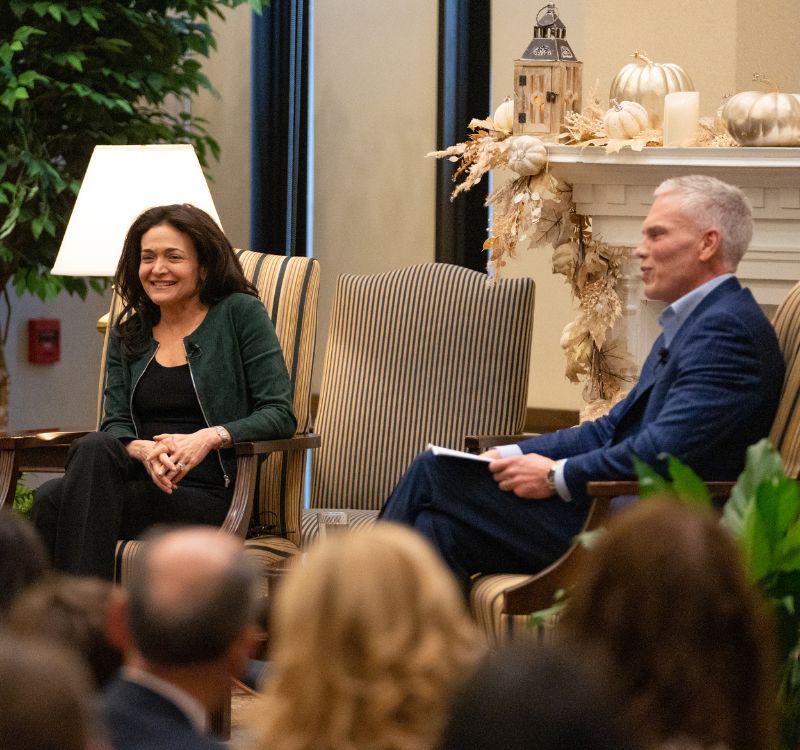The Marshall University Foundation has announced a gift of $100,000 to establish the John A. Sturgeon Nursing Scholarship. This scholarship is generously endowed by John A. Sturgeon.
Sturgeon, who attended Marshall University in the fall of 1963 and currently resides in Charleston, West Virginia, said he wanted to give to “helping professions,” such as nursing.
“I thought it would be good to help put more nurses out there,” Sturgeon said.
The scholarship recipient will be a full-time student majoring in nursing in the College of Health Professions who has financial need per the standards of the Office of Student Financial Assistance.
The award will be renewable up to four years, or eight semesters, if the recipient maintains good academic standing of 2.5 GPA or higher. The dean of College of Health Professions, or their designee, will select the recipient and renew the award in cooperation with the Office of Student Financial Assistance.
“The generous $100,000 nursing scholarship will not only change the lives of future nursing students by providing financial assistance but will also strengthen the nursing program by attracting and supporting the next generation of health care professionals who will provide quality, compassionate nursing care to the community,” said Dr. Annette Ferguson, director of the School of Nursing in the College of Health Professions.
For information regarding the John A. Sturgeon Nursing Scholarship, please contact Marshall University’s Office of Student Financial Assistance at 304-696-3162.









